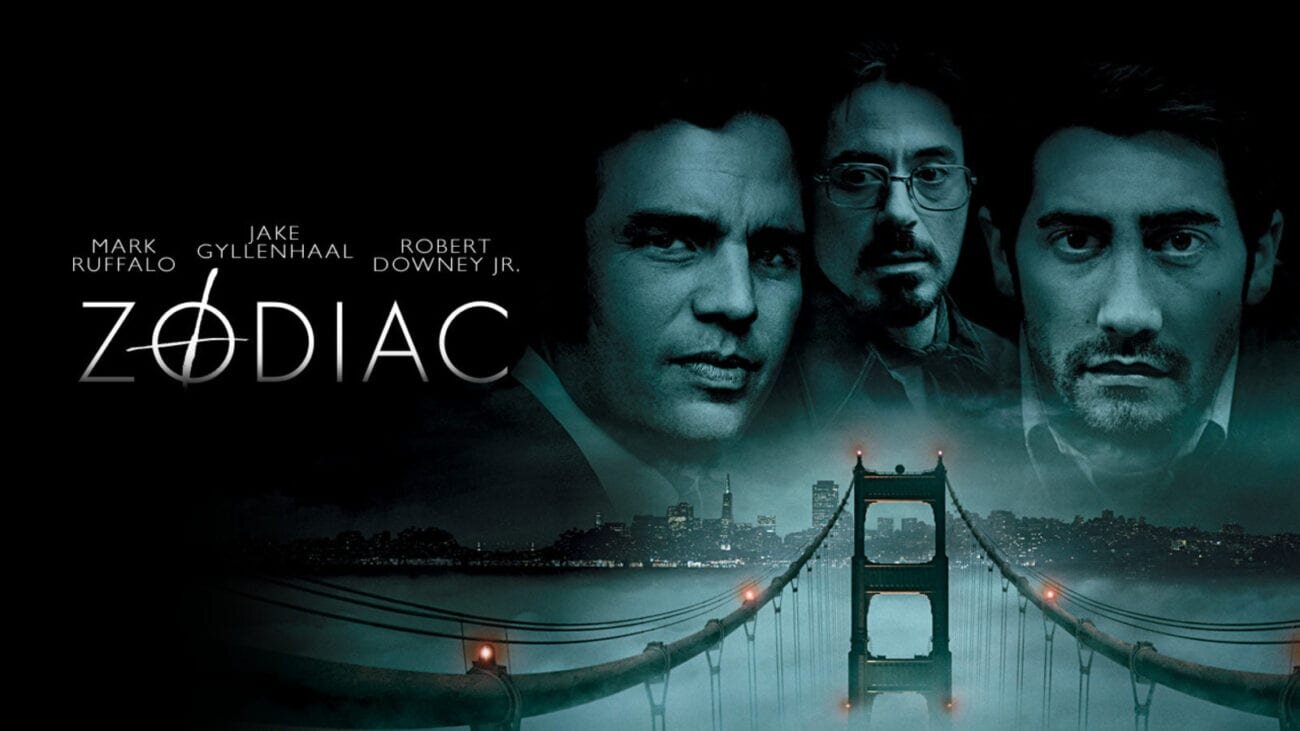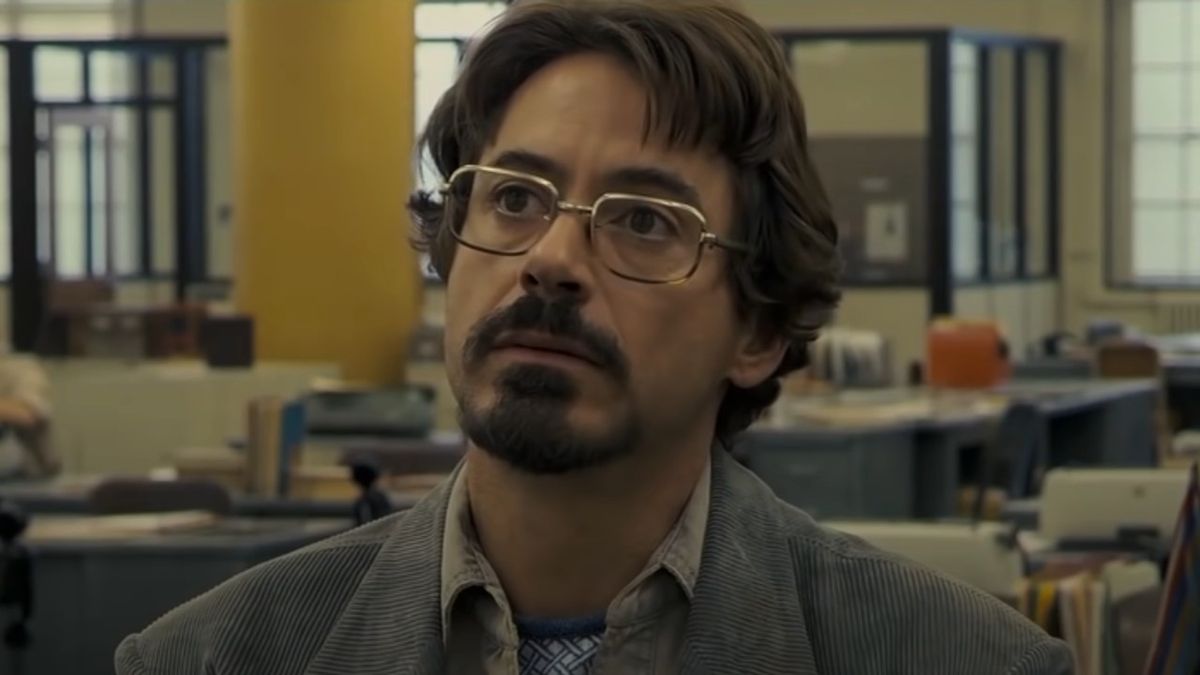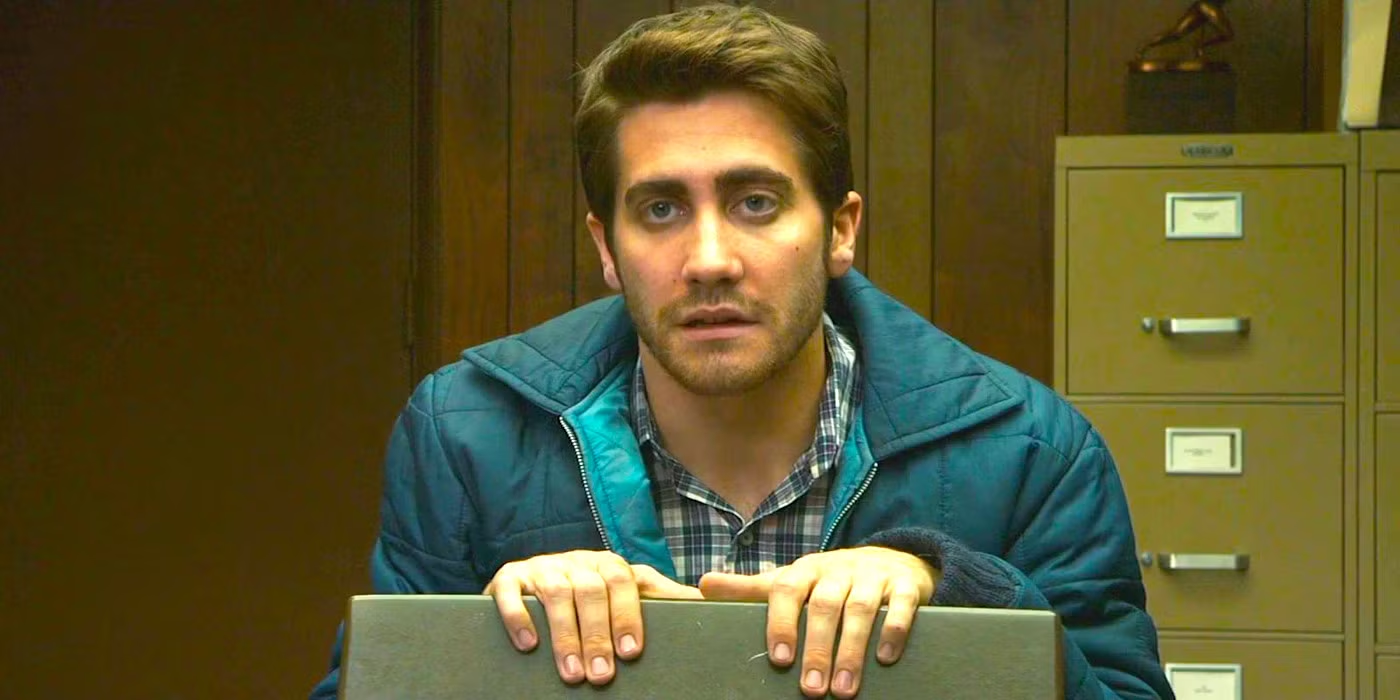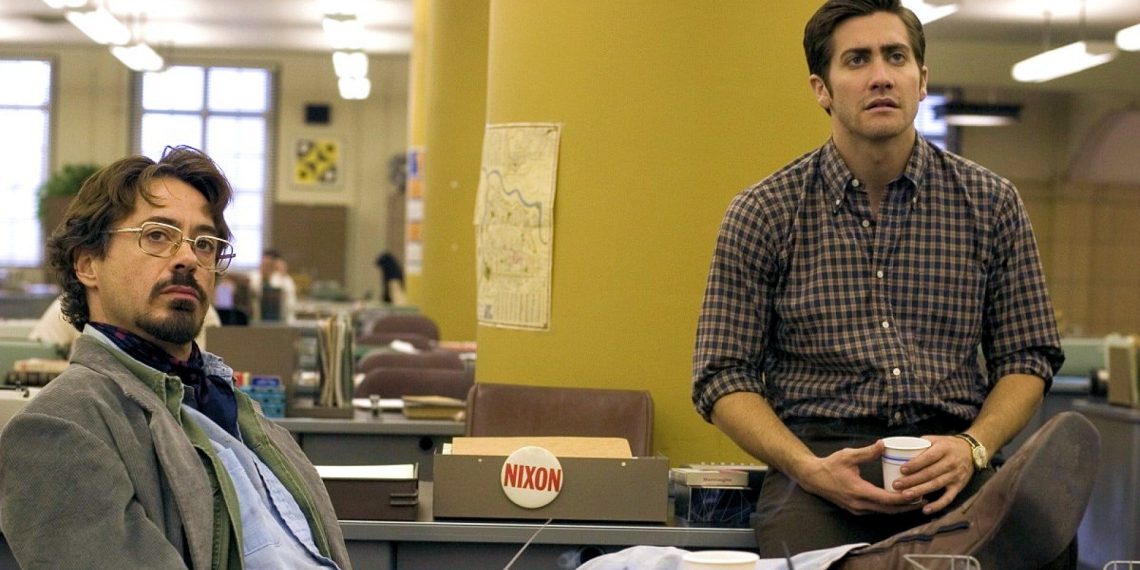David Fincher’s 2007 film Zodiac is a haunting mystery-thriller that chronicles the real-life story of the Zodiac killer, a serial murderer who terrorized the Bay Area in the 1960s and 1970s. The film dives into the investigation from the perspective of detectives, journalists, and an obsessed cartoonist. Their primary goal is to uncover the identity of the Zodiac killer, who had a penchant for taunting the media and law enforcement with cryptic letters and codes.
The narrative centers on the obsessive pursuit of the killer’s identity, painting a vivid picture of the toll the case takes on its investigators. Although the case remains unsolved, Zodiac explores the emotional and psychological cost of the search for truth, highlighting how the desire for recognition affects not only the killer but also the lives of those pursuing the case.
Zodiac Ending Explained

The film opens with Robert Graysmith, played by Jake Gyllenhaal, a socially awkward political cartoonist at the San Francisco Chronicle. Graysmith’s life takes an unexpected turn when the Zodiac sends a letter to the paper, claiming responsibility for several murders. Alongside crime reporter Paul Avery (Robert Downey Jr.), Graysmith becomes involved in the investigation, bringing his knack for puzzles to the table. Detective Dave Toschi (Mark Ruffalo), who is also dedicated to solving the case, becomes part of the trio working tirelessly to uncover the killer’s identity.
As time passes, Toschi focuses on other cases, and Avery succumbs to alcoholism, but Graysmith’s obsession with the Zodiac never fades. His initial desire to bring the killer to justice turns into a singular pursuit of truth, alienating his family and driving him deeper into the case. Graysmith believes he has found the breakthrough needed to solve the case and links the Zodiac to Arthur Leigh Allen (John Carroll Lynch). However, the authorities have already cleared Allen, and despite his personal conviction, Graysmith cannot prove his theory.
The film is not a typical detective story where the team works together to crack the case. Instead, Zodiac highlights how the investigation spans decades, with frequent failures and the lack of meaningful collaboration. The film emphasizes how miscommunication, jurisdictional conflicts, and personal struggles stand in the way of what could have been a successful investigation.
The Seeds of Doubt
One of the key elements of Zodiac is its deliberate ambiguity regarding the identity of the killer. The film doesn’t conclusively identify Arthur Leigh Allen as the Zodiac killer, even though Graysmith and the film’s narrative strongly suggest that he is the prime suspect. This uncertainty is underscored by multiple suspects and conflicting eyewitness accounts.
Throughout the film, different actors portray the Zodiac killer in each attack, creating subtle shifts in appearance that reinforce the pervasive feeling of paranoia. A pivotal moment occurs when survivor Mike Mageau (Jimmi Simpson) identifies Arthur Leigh Allen from a lineup. However, his certainty is quickly undermined when Mageau comments on the rounder face of another suspect, planting seeds of doubt. Despite this uncertainty, Mageau ultimately sticks with Allen, but the moment casts a shadow over the investigation.

The Film’s Ending: A Final Pursuit
As the Zodiac killer fades into silence, Graysmith’s obsession only grows. His personal life deteriorates as he becomes fixated on uncovering the killer’s “one mistake,” even as his colleagues move on from the case. Graysmith’s persistence leads him to new revelations and further circumstantial evidence, including a discovery about Allen’s birthday and a link to a threatening phone call. Graysmith brings this new information to Toschi, but without hard evidence, it remains insufficient for a legal case.
Graysmith then confronts Allen in a quiet, tension-filled scene at an Ace Hardware store. While there is no direct admission of guilt, the look shared between the two men suggests an unspoken recognition. Graysmith goes on to write a successful book about the case, which leads to renewed interest in the investigation. However, when Mike Mageau is asked to identify Allen again, it’s too late—the suspect dies of a heart attack before any charges can be brought.
This final interaction between Graysmith and Allen serves as the movie’s emotional resolution, offering Graysmith some semblance of closure, even though the real case remains unsolved. The ending is bittersweet, as it acknowledges that while Graysmith might have achieved personal closure, the victims and their families continue to suffer from a lack of resolution.
The Price of Obsession
At its core, Zodiac is a film about obsession and the personal costs it entails. The Zodiac killer is obsessed with his own notoriety, using his murders as a way to assert control and garner attention. Graysmith, too, becomes consumed by his need to uncover the truth, even at the expense of his family and sanity. His relentless pursuit of justice results in a bestselling book, but this success comes with an emotional toll.
Similarly, Paul Avery’s obsession with being the first to uncover the Zodiac’s identity leads to his downfall, while Toschi remains driven by a more pragmatic desire to solve the case, despite the toll it takes on him. Ultimately, the Zodiac killer’s legacy is one of obsession, drawing in each of these characters and ultimately affecting their lives in profound ways.

The Perspective of the Outsider
Throughout the film, Graysmith’s wife, Melanie (Chloe Sevigny), provides the voice of reason. While everyone else becomes absorbed in the investigation, she represents the reality of the personal cost of obsession. As the only character who is not deeply involved in the case, Melanie’s frustration with her husband’s fixation on the Zodiac serves as a stark contrast to the unhealthy obsession that consumes Graysmith, Avery, and Toschi.
By the end of the film, Melanie’s disillusionment with the case mirrors the audience’s desire for closure, offering a sobering perspective on the dangers of obsession.
The Meaning Behind the Ending
Director David Fincher and screenwriter James Vanderbilt intentionally kept the film’s ending open-ended. While the film favors Arthur Leigh Allen as the primary suspect, it never definitively confirms his guilt. Instead, the filmmakers allow the audience to experience the frustration and uncertainty of the investigation, mirroring the real-life lack of closure.
The film’s decision to leave the question of the Zodiac’s identity unresolved is a reflection of the nature of the case itself—full of false leads, ambiguities, and unanswered questions. Zodiac is not just a story about solving a crime but a meditation on the obsession with uncovering truth in a world where certainty is often out of reach.




